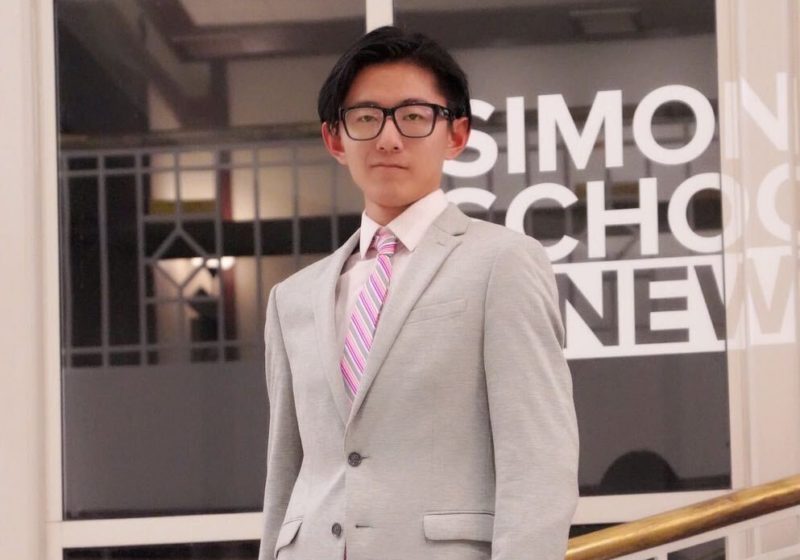“A lot of Chinese are brainwashed by the Chinese government, just like a lot of Americans are brainwashed by Donald Trump,” UR senior and former president of the Chinese Students’ Association (CSA) Sampson Hao said in an interview with Hong Kong newspaper South China Morning Post. On Aug. 5, a month after the article’s July 4 release, CSA revoked Hao’s membership.
The Morning Post article, a piece looking into UR’s controversies last fall surrounding the College Republicans Tibet event and subsequent tunnel painting war over Hong Kong’s fight against China for autonomy, had interviewed Hao due to his position of president at the time.
Hao wrote that he had chosen not to rerun for the presidency during e-board elections back in March, but remained as a member of the club. After learning of his quote in the Morning Post, Hao said the current CSA e-board chose to remove him from the club entirely, without any other official process.
CSA e-board posted on WeChat — a ubiquitous Chinese social media, messaging, and mobile payment platform used by nearly all Chinese students at UR — about their decision on Aug. 10, condemning Hao for taking the interview without going through the proper channels. In the post, they wrote that CSA members “can only accept [an] interview after obtaining the consent of all e-board members,” which Hao did not. The post goes on to announce that “CSA e-board members unanimously decided to revoke Simeng [Sampson] Hao’s CSA membership” in an “organized discussion.”
Junior and current CSA president Yisheng Zhong wrote to CT that Hao’s words were “politically sensitive,” and described them as “his personal judgment which is not affiliated with CSA.” To represent CSA in any capacity after knocking the Chinese government would be inappropriate, he explained. In a second post on Aug. 11, they wrote that “URCSA has always maintained a correct political stance and strives to create a safe and interesting study abroad life for the majority of Chinese students. We do not agree with any inflammatory speech or behavior.”
“Can [an e-board] remove someone? I don’t know,” Hao wrote. He added that he’d been planning on leaving anyway after facing the negative attention his quote gained.
Hao stressed that he respected CSA’s decision, and held no ill will towards the group. “CSA has the right to do whatever they want to do,” he wrote. “I do not want to judge anyone here.”
“I felt like I got ‘canceled’ only because I said something that [is] indeed questionable,” Hao wrote. He later said that his words were intended to represent his opinions as an individual and not the opinions of CSA.
“If they have a problem with my quote, that is totally fine,” he wrote. “I apologize for the fact that people thought I was representing CSA and this whole thing is a misunderstanding.”
The Aug. 11 post further said that Hao has contacted SA and the South China Morning Post about the article, accusing the latter of “tampering with his original words” and “inducing speech.” It also reported that CSA had cut ties with Hao and asked him for an apology, which is included in the post. In this apology, Hao says that the article was “politically guided and distorted my personal speech,” but accepts blame for making “unjustified remarks containing political content.”
Specifically, he states that the Morning Post reporter, Eric Fish, said he was a writer instead of a reporter, and “repeatedly emphasized that it had nothing to do with the South China Morning Post.” Hao also says that he had refused to conduct the interview under his CSA title, but the reporter marked him as its president anyway.
Neither Hao nor Zhong would share or discuss the posts with the CT, citing a desire to keep the conflict and coverage to a minimum.
“At the end of the day, most people will remember the good work I have done for this organization,” Hao wrote. “The interesting and peaceful dialogue that I host with HKSA, great Mid-Autumn Festival, China Nite and many many more.”

